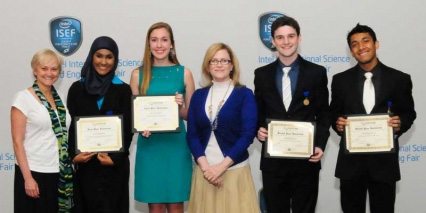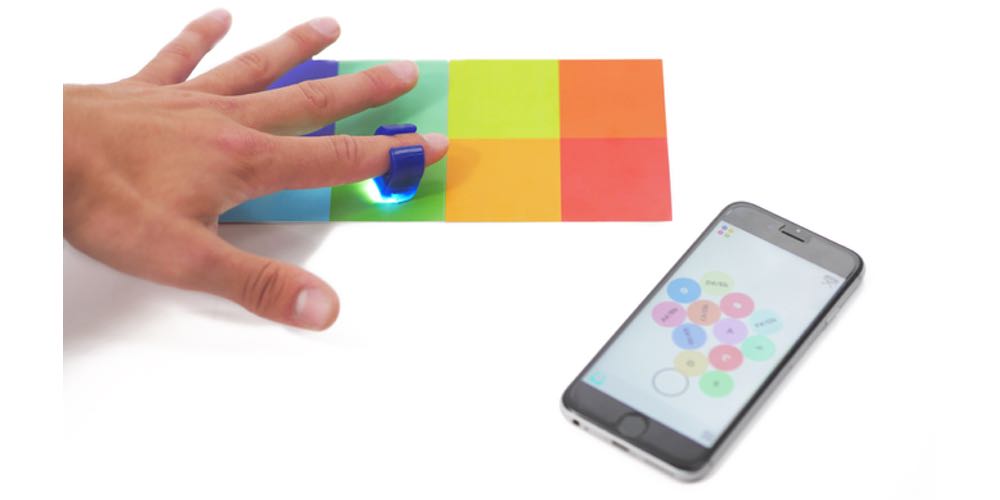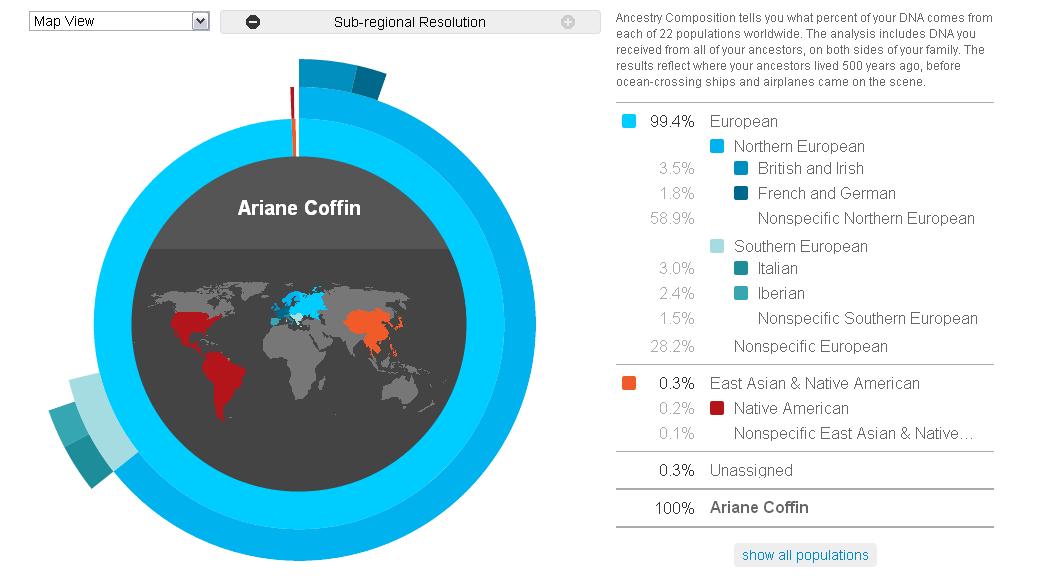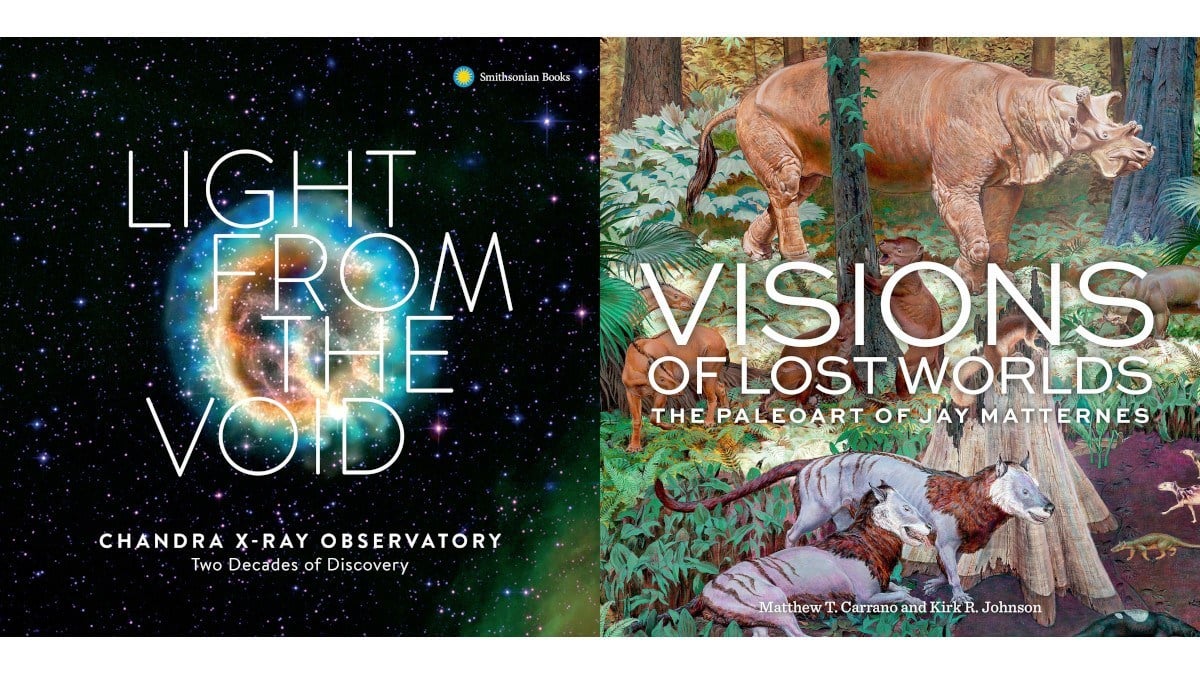
In case you missed it, the 2013 Intel International Science and Engineering Fair wrapped up last week. This ultimate science fair included more than 1,500 presentations from high schoolers representing more than 70 countries, organized into categories ranging from chemistry and computer engineering to microbiology and medicine. High school junior, Zarin Rahman, from Brookings High School in South Dakota took home top prize in the Behavioral and Social Sciences category for her study of how screen time and sleep affect mood, memory and cognition. Here GeekDad chats with Rahman about her work and her love of science.
GeekDad: First, could you tell us about your study?
Rahman: Well, the brain’s prefrontal cortex isn’t fully formed until age 25 and during the period of adolescence during which it’s maturing, the PFC is especially sensitive to environmental influences. Some of these influences – screen time particularly – are kind of new and so haven’t been fully studied. I wanted to look at this intersection of sleep, stress, screen time, and things like academic achievement and mood.
GeekDad: And what did you find?
Rahman: It was pretty striking, actually. First we figured out who got more and who got fewer than 8 hours of sleep per night. And we found that the sleep-deprived group had about 3.5 hours of screen time per day, whereas kids who got more than 8 hours of sleep had about 2 hours of screen time. Then we tested students’ decline in cognitive skills over the course of the school day. The high-screen, low-sleep group was more prone to stress, sleepiness, and anxiety, performed poorly on tests of cognitive ability and showed more mood issues.
GeekDad: So what would you tell parents about their kids’ use of screen time?
Rahman: I wouldn’t necessarily recommend against any screen time. It’s just that when kids start trading sleep for screens, it can have some serious consequences. I know that electronic devices are tools, and, like tools, they can be used to build or destroy. What we need to understand is that the overuse of these devices is negatively affecting adolescents’ cognition, mood, and memory. I hope teens will rethink the amount of time they spend on these devices after reading about my project, especially if this time affects their amount of sleep.
GeekDad: What did your friends think about being used as guinea pigs?
Rahman: My peers were a great group to work with – very curious and cooperative! At first, I couldn’t tell the people I used in my study the intent of the research, but they were very excited to participate. Then they were kind of stunned by the results. They definitely think my award is cool, and are happy for me. A few of them actually asked me for a portion of my award as payment for being a subject in my research!
GeekDad: What draws you to science? When do you remember first being interested?
Rahman: Science is fascinating to me because it’s always changing. There is always discovery. However, my favorite part of science is what it can tell us about ourselves, how we can improve our lives and the world we live in. As for how I got started, I distinctly remember a big book my parents bought for me, filled with fun science projects to do at home. That might’ve even been the title. They were simple, easy-to-do projects involving basic concepts such as buoyancy and gravity, but they were more interesting to me than anything else. I just immersed myself.
GeekDad: Is science in your future?
Rahman: Definitely! My dream job is to become a pediatric neurologist. I definitely see science in my future and would love to continue working with adolescents and the adolescent brain. My research and this award is just one step to hopefully one day reaching that goal.




